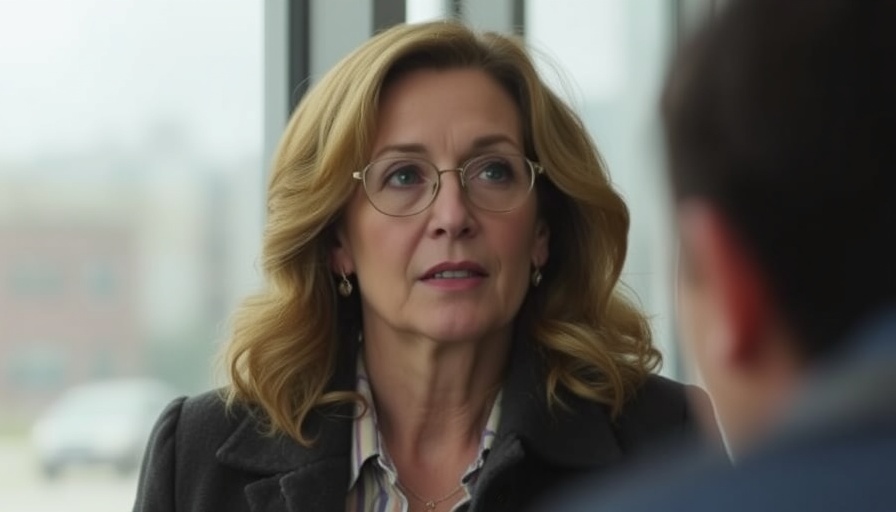
Redefining Superman: A Fresh Take on the Icon
James Gunn’s latest film, part of the DC Universe, has offered a reimagined Superman that aims to resonate with modern audiences. Many recognize that while Superman has been a cultural icon for decades, this newest adaptation diverges sharply from traditional portrayals, introducing a hero that weaves in everyday human struggles. With actor David Corenswet embodying a Kal-El who is both powerful and relatable, we witness a Superman who isn’t always sure of his place in a world already filled with superheroes.
New Context: Superhero Predecessors
Unlike previous versions, where Superman emerged as the first superhero to grace Earth, Gunn’s narrative situates him in a landscape already populated with heroes. This shift transforms how audiences perceive Superman; he is no longer the trailblazer but rather a newcomer amidst seasoned heroes with varying reputations. This layered context invites viewers to question the foundations of heroism and perception within societies where the extraordinary is met with skepticism.
The Justice Gang: Heroes or Government Agents?
The dynamic of the Justice Gang—comprised of characters like Green Lantern and Hawkgirl—adds complexity to the narrative. With their conflicted roles as either protectors or government-sanctioned enforcers, the film challenges the notion of altruism in superhero work. Viewers are left pondering whether these characters perceive their roles objectively or as pawns in a larger political game, echoing societal struggles with authority and trust.
The Facets of Villainy: Lex Luthor's Characterization
Moreover, the villainous Lex Luthor positions Superman as a potential threat, capitalizing on societal fears surrounding unchecked power. This framing introduces discussions about control, fear, and the responsible use of power—issues that resonate with contemporary beliefs about governance, agency, and oversight. By crafting Luthor as a character reflecting these modern anxieties, the film draws parallels between comic book conflicts and real-world concerns, promoting deeper critical thinking among its audience.
Cultivating Connection: Humor and Humanity
Despite the weighty themes, Gunn balances the film with humor and heart. The light-hearted moments and relatable quirks of Corenswet's Superman are reminiscent of a golden retriever's joyful spirit—a metaphor for unyielding positivity amid chaos. It emphasizes that superheroes are not infallible; rather, their humanity is their strength. This portrayal invites us to reflect upon our own vulnerabilities, essentially asking, "What does it mean to be heroic?" in our every day—not solely through grand gestures, but simple acts of compassion.
Conclusion: The Future of Superheroes in Cinema
The success of Gunn’s Superman may signal a broader trend in superhero cinema where films not only entertain but also provoke thought through their explorations of identity, society, and complex narratives. By presenting a flawed, nuanced Kal-El, Gunn not only revitalizes a character steeped in history but also challenges the genre to evolve and connect deeply with audiences. As digital nomads explore different cultures of storytelling through film, navigating these fresh narratives fosters a richer understanding of heroes, villains, and the nuances that define them.
Area's modern interpretations of established heroes, such as the new Superman, can guide our perspectives in understanding varying cultures and values. As we watch these heroes navigate their worlds, we also explore our own places within the complex narratives of our lives—whether through travel, storytelling, or personal connections.
 Add Row
Add Row  Add
Add 




Write A Comment